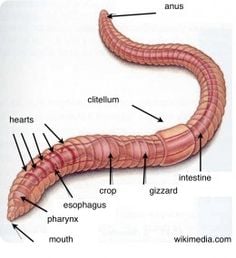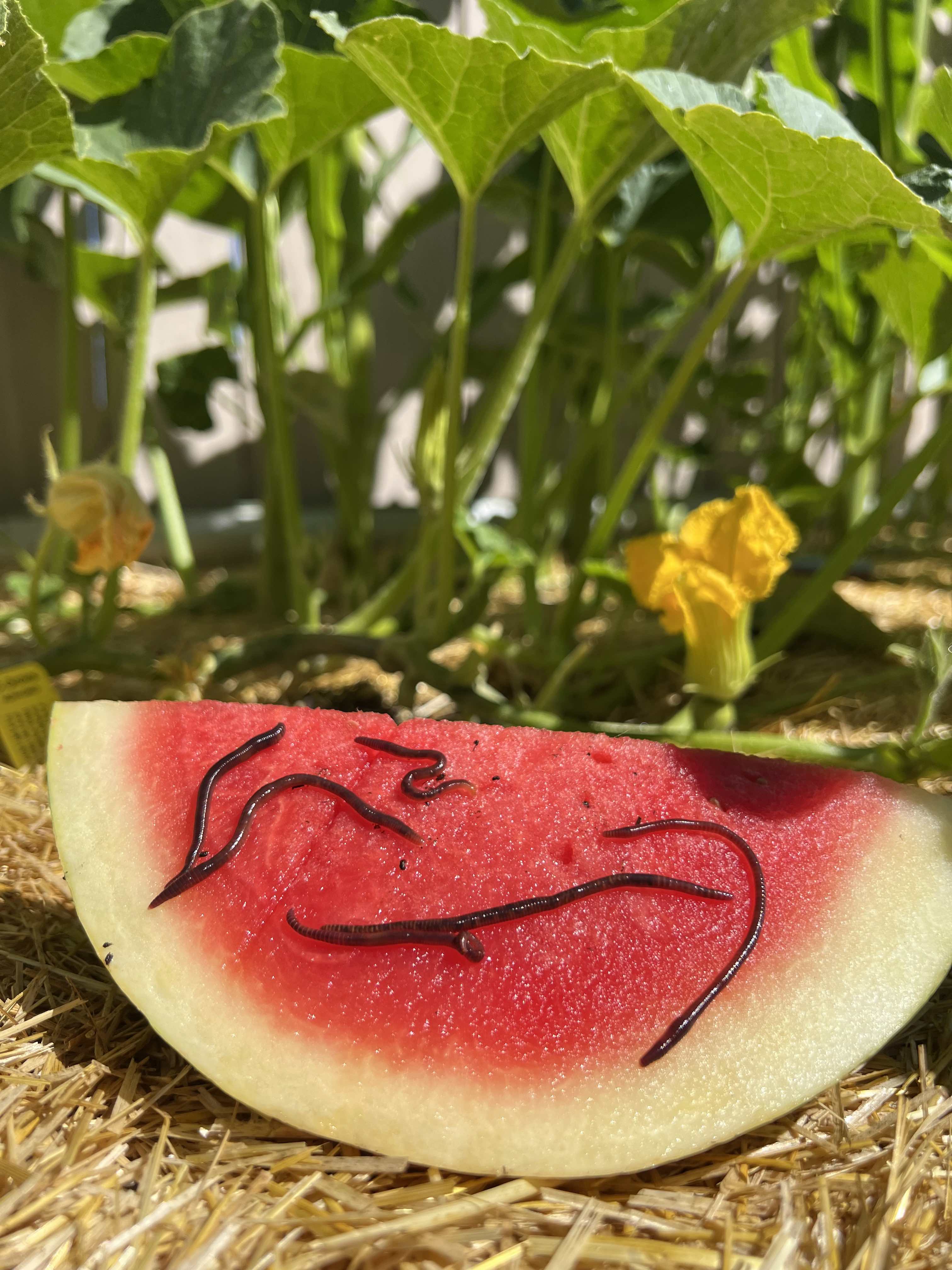Organic Composting with Red Wiggler Worms - Increase Your Garden's Growth
Organic Composting with Red Wiggler Worms - Increase Your Garden's Growth
Blog Article
Red Wiggler Worms Demystified: Opening the Tricks of Vermiculture for Greener Living and Nutrient-Rich Dirt
In the world of lasting practices for enriching soil high quality and promoting eco-conscious living, red wiggler worms play a crucial yet usually neglected role. These modest creatures have the impressive ability to change natural waste right into nutrient-rich spreadings that function as a powerful all-natural plant food. By delving right into the globe of vermiculture, one can reveal a wide variety of benefits that expand much beyond typical composting approaches. Recognizing the intricacies of taking care of these worms, optimizing their setting, and utilizing their castings can bring about a greener way of living and much healthier dirt for plants to thrive.
The Role of Red Wiggler Worms
Red Wiggler worms play a vital duty in composting systems by successfully damaging down raw material right into nutrient-rich castings. These ravenous eaters consume a variety of organic products, such as kitchen area scraps, backyard waste, and paper items. As they feed, the worms' digestive system procedures break down the raw material right into a penalty, dark, and nutrient-dense product known as worm spreadings or vermicompost.
The spreadings produced by Red Wiggler worms are very beneficial for soil health and plant development. They are rich in essential nutrients like phosphorus, nitrogen, and potassium, which are crucial for sustaining healthy and balanced plant growth. Additionally, worm castings have beneficial germs and enzymes that aid enhance soil structure, rise water retention, and enhance nutrient uptake by plants.
Advantages of Vermicomposting

Additionally, vermicompost, the nutrient-rich final result of vermicomposting, works as a superb organic fertilizer and soil conditioner. It improves dirt framework, boosts soil aeration, and boosts dirt moisture retention. These residential or commercial properties add to much healthier plants with more powerful root systems and better resistance to insects and diseases. Vermicompost additionally enriches the soil with necessary nutrients like nitrogen, phosphorus, and potassium, promoting plant development and total soil fertility.
Furthermore, vermicomposting assistances lasting gardening practices by offering a chemical-free and natural choice to synthetic plant foods. Red Wiggler Worms. This ecologically friendly technique not only enhances the soil however also helps minimize dependence on dangerous chemicals, promoting a greener and extra sustainable means of horticulture
Establishing a Worm Bin
When establishing a worm container for vermicomposting, proper setup is crucial to guarantee the success of the composting procedure. The initial step in establishing a worm bin is choosing a suitable container. This can be a plastic container or wood box that gives adequate area for the worms to walk around and has appropriate drain openings to prevent waterlogging. Next off, a bedding product such as shredded paper, cardboard, or coconut coir ought to be contributed to the container. This bedding offers a comfortable atmosphere for the worms and assists keep moisture degrees.
After adding the bed linen, introduce the red wiggler worms to the container. It is suggested to begin with a small number of worms and gradually boost as they multiply. The worms should after that be supplied with food scraps such as vegetables and fruit peels, coffee grounds, and eggshells. It is important to avoid including meat, dairy products, oily, or salted foods to avoid bring in parasites and producing undesirable odors.
Consistently check the dampness degrees and temperature in the worm container to make sure optimum conditions for the worms. With correct setup and upkeep, the worm container will efficiently transform organic waste right into nutrient-rich compost for your plants and garden.
Collecting Worm Spreadings
To effectively gather nutrient-rich worm castings from your vermicomposting system, a systematic harvesting method is essential. There are a couple of essential steps to comply with to guarantee an effective procedure when it comes time to gather the worm spreadings. Firstly, quit adding fresh food scraps to one side of the worm container for a number of weeks before collecting. This encourages the worms to migrate sideways with fresh bed linens and food, making it simpler to scoop out the spreadings from the opposite side.

Troubleshooting Common Issues
Determining and resolving common difficulties that might develop throughout the vermicomposting process is critical for keeping a healthy and productive worm bin. One usual concern that vermicomposters experience is overfeeding. Adding excess food scraps can bring about a build-up of moisture and acidity in the worm bin, potentially harming the worms. To prevent this, feed the worms in small amounts, his explanation guaranteeing that the food scraps are adequately damaged down prior to adding a lot more. Another problem is undesirable smells rising from the worm bin. Foul scents indicate anaerobic conditions, usually brought on by overwatering or inadequate air flow. To fix this, change the wetness degrees by including dry bedding materials like shredded newspaper or cardboard and rise aeration by turning the bed linens frequently.
In addition, if the worm populace is decreasing or the worms appear undesirable, it can be because of ecological stressors such as extreme temperature levels or pH levels. Keeping an eye on these variables and making essential adjustments is important for the wellness of the worms. By repairing these typical concerns quickly, vermicomposters can make sure a successful and smooth vermicomposting procedure while keeping a growing worm populace.

Verdict
To conclude, red wiggler worms play an other important duty in vermiculture by breaking down natural issue right into nutrient-rich soil. The benefits of vermiculture consist of greener living and enhanced soil quality. Establishing a worm bin is essential for successful vermiculture, and gathering worm spreadings provides beneficial compost for horticulture. By comprehending and troubleshooting typical issues, people can unlock the secrets of vermiculture for lasting living and much healthier dirt.
As they feed, the worms' gastrointestinal procedures damage down the natural matter into a penalty, dark, and nutrient-dense product known as worm spreadings or vermicompost.
The spreadings created by Red Wiggler worms are very valuable for dirt health and plant growth. Including excess food scraps can lead to an accumulation of dampness and acidity in the worm bin, potentially damaging the worms.Furthermore, if the worm population is declining check out here or the worms show up undesirable, it might be due to ecological stress factors such as extreme temperature levels or pH levels. Setting up a worm container is crucial for effective vermiculture, and collecting worm spreadings gives useful garden compost for gardening.
Report this page